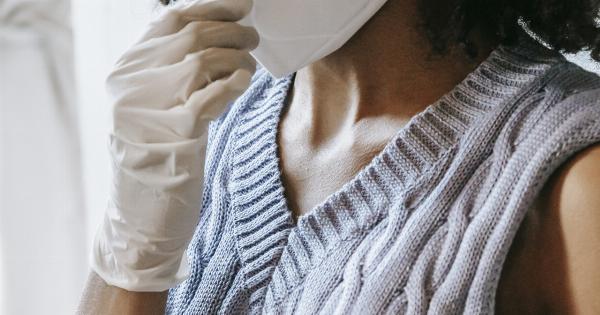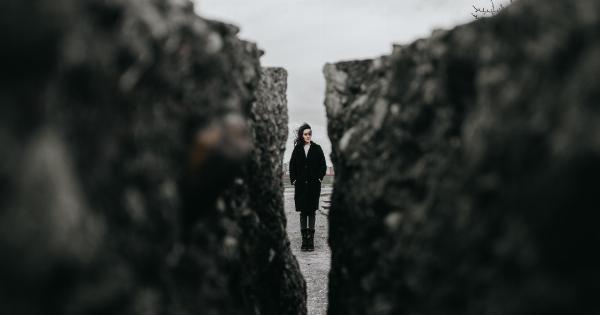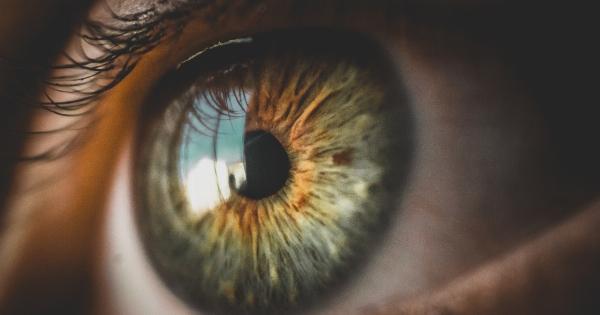Chickenpox is a highly contagious viral infection that is caused by the varicella-zoster virus. It is a common childhood illness that usually causes a mild fever and an itchy rash.
Most children recover from chickenpox without serious complications, but there can be some serious complications of chickenpox, such as pneumonia or encephalitis.
How is chickenpox spread?
Chickenpox is spread through respiratory droplets that are released when an infected person coughs or sneezes. It can also be spread through contact with the fluid from the chickenpox blisters.
Chickenpox is most contagious during the first few days of the rash, but it can be spread from a day or two before the rash appears until the blisters have crusted over.
What are the symptoms of chickenpox?
The symptoms of chickenpox usually appear within 10 to 21 days after exposure to the virus. The first symptoms may include:.
- Fever
- Headache
- Tiredness and lack of energy
After a few days, a red, itchy rash will appear on the skin. The rash usually starts on the face and scalp, then spreads to the rest of the body. The rash will progress to fluid-filled blisters, which will eventually scab over and heal.
Some children may have only a few spots, while others may have several hundred.
How is chickenpox treated?
There is no specific treatment for chickenpox. Most people recover without complications within 2 to 3 weeks. Over-the-counter medications can be used to manage fever and itching. For severe cases, antiviral medications may be prescribed.
It is important to avoid scratching the chickenpox blisters, as this can lead to infections or scarring.
Can you prevent chickenpox?
The best way to prevent chickenpox is through vaccination. The chickenpox vaccine is recommended for all children and adults who have not had chickenpox. The vaccine is usually given in two doses, separated by at least 28 days.
The vaccine is safe and effective at preventing chickenpox.
If you have been exposed to chickenpox, but you have never had chickenpox and you have not been vaccinated, you can receive the vaccine within 3 to 5 days of exposure. This can help to prevent or lessen the severity of the illness.
You can also help to prevent the spread of chickenpox by washing your hands frequently and avoiding contact with people who have chickenpox.
What are the complications of chickenpox?
Most children recover from chickenpox without serious complications. However, there can be some serious complications of chickenpox, such as:.
- Pneumonia
- Encephalitis (inflammation of the brain)
- Reye’s syndrome (a rare but serious condition that affects the brain and liver)
Complications are more likely to occur in adults, pregnant women, and people with weakened immune systems. If you or your child develop any complications of chickenpox, seek medical attention right away.
When can you return to school or work after having chickenpox?
People with chickenpox should stay home from school or work until all of the blisters have crusted over. This usually takes about 10 to 14 days.
It is important to avoid contact with people who have weakened immune systems, such as cancer patients or people receiving chemotherapy, as they are at higher risk of developing serious complications from chickenpox.
What is shingles?
Shingles, also known as herpes zoster, is a viral infection that occurs when the varicella-zoster virus becomes reactivated in the body. This can happen years after a person has had chickenpox.
Shingles usually causes a painful rash that develops on one side of the body, often on the face or torso. Shingles can be treated with antiviral medications.
Conclusion
Chickenpox is a highly contagious viral infection that is spread through respiratory droplets or contact with fluid from the chickenpox blisters. It usually causes a mild fever and an itchy rash, but it can lead to serious complications in some people.
The best way to prevent chickenpox is through vaccination. Most people recover from chickenpox without serious complications, but it is important to seek medical attention if any complications develop.
If you or your child have chickenpox, stay home from school or work until all of the blisters have crusted over, and avoid contact with people who have weakened immune systems.





























